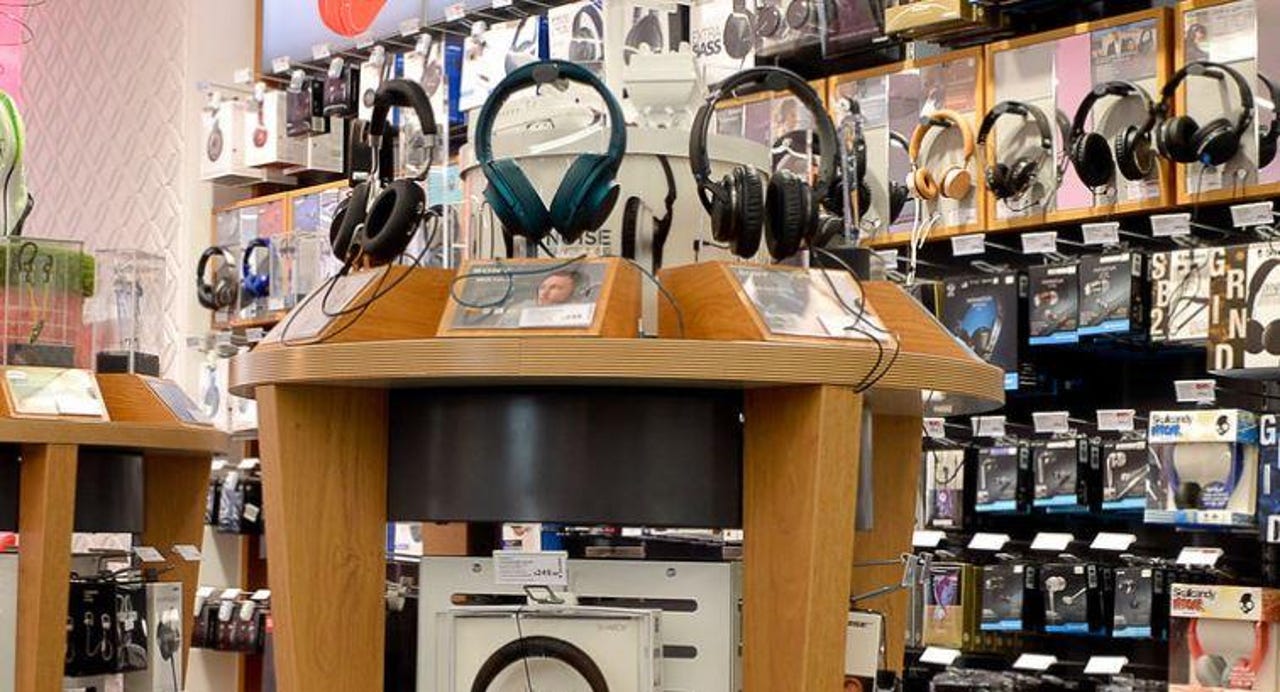Build 2019: Microsoft wants to help business users build customized digital assistants


Microsoft Build 201
Last year at its Build developer conference, Microsoft gave quite a bit of time on Day 1 to a conceptual demo about meetings of the future. In that demo, futuristic Cortana-enabled conferencing capabilities figured heavily as did Cortana integration with Teams, Outlook and Windows. This year at Build, a more business-first Cortana plus various bot and virtual assistant services, also look to be on the agenda.
Microsoft has been honing its "conversation as a service"/bot pitch since at least 2016. A quick look at this year's published Build 2019 sessions shows that Cortana isn't totally out of the picture, despite its falling far behind Alexa and Google Assistant in terms of usage and mindshare. At the same time, Microsoft looks poised to continue to push its voice-first Virtual Assistant technology introduced last Fall, which enables businesses to build their own, personalized digital assistants.
Microsoft has been working to reposition Cortana from a standalone digital assitant to more of a digital assistance aide since last Build. At Build this year, Microsoft plans to talk up the Cortana Skills Kit for Enterprise which the company announced last year. The kinds of skills that businesses can use to develop line-of-business-specific scenarios include filing/recalling service tickets, checking vacation balances, etc. by voice, according to this year's Enterprise Skills Kit session description.
In keeping with Cortana's more business-first emphasis, there's also a Build 2019 session focused on using the Cortana software development kit in conjunction with Azure IoT and the Cortana Bluetooth spec to"bring ambient intelligent assistance to first-line workers." (The session description on Microsoft's site for this particular one is incorrect, so I'm not sure what the presenters are planning specifically.)
Must read
As was evident at CES this year, Microsoft is looking at its Virtual Assistant Solution Accelerator, rather than Cortana, as the main way it hopes to get more of its customers to use voice input with its products and services. Microsoft introduced the Virtual Assistant Accelerator in preview form in November 2018. Using the Virtual Assistant Accelerator, customers can change the name, voice and personality of their assistants and use a starter set of conversational skills.
The Virtual Assistant Accelerator includes some out-of-the-box productivity skills, including Calendar, Email and To-Do. These skills are integrated with the Microsoft Graph programming interface, which means they connect to Office 365 and Outlook.com. Microsoft also has promised to add support for Google APIs to these skills "soon." These skills will allow users to do things like move meetings when they're running late; add items to their task lists from the car; requesting late checkout and room service in hospitality settings; find available meeting rooms; and find people with specific skills.
Must-see offers
At Build this year, Microsoft is promising more demos and details about its Virtual Assistant technology. These kinds of virtual assistants can be built using Microsoft's Conversational AI cognitive services for speech recognition, text-to-speech, language understanding and the Microsoft Bot Framework.
In one session, Microsoft officials say they will cover "reference hardware" and call out "microphone arrays" (perhaps like this device demonstrated at Build last year?).
"We will highlight new capabilities including new non-developer Conversational Design tooling and Language Generation," that same session promises.
Through its Dynamics 365 product family, Microsoft also is building its own Virtual Agent software-as-a-service offering which is meant to allow users to design and monitor custom bots without needing developers or AI experts. A Bot Designer built using ASP.NET Core that is deployed in Azure seems to be key to that service.
Cognitive services/skills -- which are Microsoft programming interfaces which developers can add to their own applications and services to imbue them with "AI" functionality -- are going to be big at Build 2019 and central to Microsoft's "conversational AI" message. In addition to some of the aforementioned cognitive services, Microsoft has a session dedicated to a new service called "Personalizer" which uses reinforcement learning to understand users' behavior. (To me, this new Personalizer looks like it could be a rebrand of the "Project Custom Decision" cognitive service which Microsoft currently offers on an experimental basis.)
I'll be interested to see if Microsoft provides an update at Build 2019 next week on what's happening with the Cortana-Alexa integration which officials first demonstrated publicly at Build 2018. Microsoft and Amazon began public testing of that integration in August 2018.